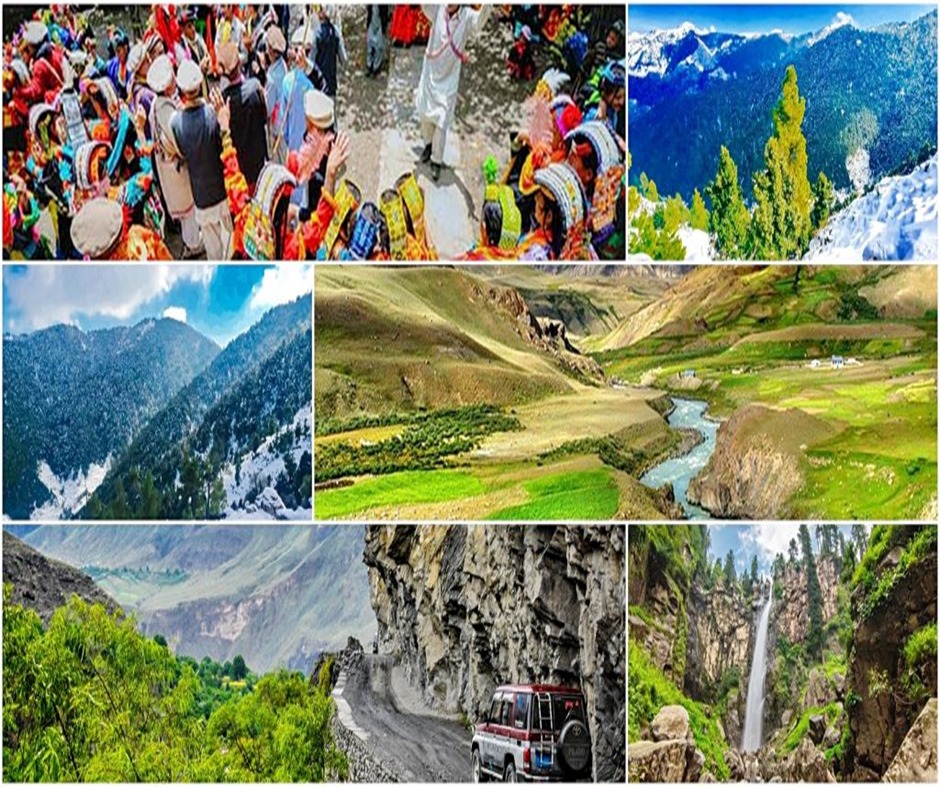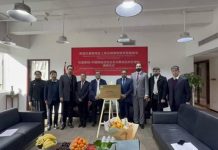ISLAMABAD: It is critical to manage agricultural fields by employing the precision agriculture technology in order to boost output, reduce adverse effects of climate change on crops and ensure optimal use of water and fertiliser.
Talking to WealthPk, Prof Dr Muhammad Azam Khan, Chairman of the Department of Horticulture, Arid Agriculture University, Rawalpindi said, “Precision agriculture in Pakistan has enormous potential and will be useful in reducing yield gaps and ensuring food security.”
“Systems for managing precision agriculture are evolving continuously. They enable farmers to find solutions to a wide range of issues. In order to maximise production, growers must become proficient with a variety of instruments that are part of precision agriculture,” he added.
He further said, “In precise agriculture, high technology sensors and analysis tools are used to increase yields and support management decisions.”
He said, “Precision agriculture has been widely used in order to boost output, shorten labour hours, and guarantee efficient fertiliser and irrigation management. It makes extensive use of data and information to raise crop quality, yields, and utilisation of agricultural resources.”
“Monitoring crop status through observations and measurement of factors like soil quality, plant health, the effectiveness of fertilisers and pesticides, irrigation, and crop yield is essential to modern agricultural production. For farmers, managing all of these variables is a significant problem. It’s critical to quickly improve the accuracy of agricultural growth monitoring and crop production management in order to make wise use of farming resources,” he stressed.
“So, therefore, in order to increase productivity, quality, and yield, farmers should adopt precision agriculture, which is a new sophisticated technique, in which use of inputs like water and fertiliser is optimised.”
Muhammad Azam Khan said that remote sensing systems could be used to solve these problems. “With a precision agriculture system, farmers may remotely manage every aspect of the processes. Large fields or a collection of tiny areas can be managed by even small farmers.”
He said that precision agriculture significantly enhanced crop efficiency and reduced financial expenditures while increasing output. “Precision agriculture technologies are expensive at first. However, the long-term savings are substantially greater than with traditional farming practices.”
He said as a result of employing precision agriculture, growers could calculate the precise amount of fertiliser needed and identify the best fertiliser types for a certain area. “Furthermore, precision farming technologies are significant because they facilitate long-term planning for agricultural operations and allow for real-time strategy adjustments in the event of unforeseen circumstances.”
Muhammad Azam Khan said a stable food supply was made possible by optimising the utilisation of soil. “Therefore, the use of precision farming is crucial to addressing the world’s hunger crisis.”
There is a dire need to introduce the concept of precision agriculture to farmers even in remote areas. For the first step, an effective awareness programme should be launched by the authorities to sensitise the farmers to the benefits of this innovative agriculture technique.




